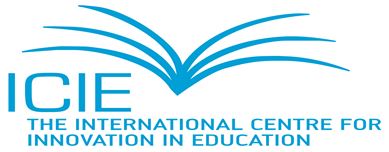W7
Connecting with and Engaging ALL Students: Strategies for Teachers and Project Based Learning
Ken Reimer
Associate Professor, Faculty of Education, University of Winnipeg, Canada
Today’s 21st century teacher requires a set of skills in order to positively connect with all learners in the classroom. Today’s 21st century learner requires a new set of abilities in order to tackle the wide variety of problems and issues that our society currently faces. More than ever, our young people need teachers who can positively connect with them and help them acquire the skills necessary to navigate and lead the way through these exciting and unpredictable times. Students have to be curious, imaginative, and adventurous, while still respecting tradition, inclusion, and each other. This workshop explores the research behind positive teacher-student connections and the potential of project-based learning as a means of engaging students in real-world problem solving. Teachers who can connect with their students can better engage them in their studies. Project-based learning can help students learn to work collaboratively and develop critical thinking skills.

Biography
Kenneth (Ken) Reimer is an Associate Professor in the Faculty of Education at the University of Winnipeg (Canada). Prior to this, he had a twenty-five year career in Canada’s public school system. This included positions as a mainstream, special education, and resource teacher, guidance counselor, and school administrator/principal in six different schools in two different school divisions. Ken Reimer holds a Ph.D. in Inclusive Education (2014) from the University of Manitoba.
